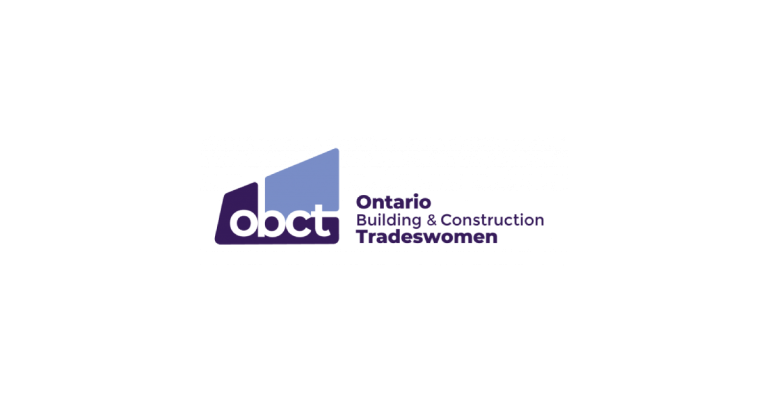Are You Too Busy to Be Productive?

Feb 24, 2020
By Jeff Mowatt
Let’s be frank — if you work for a company, then your primary goal is to make money. Period. You may have secondary goals to serve the interests of your customers and employees, and be a good corporate citizen, but your number one priority is strictly return on investment. Profit.
When I speak at conventions and meetings on how to boost profits through customer retention, I often find that business owners and managers don’t have their priorities straight. The result is they lose customer loyalty, face increasing operating costs, scramble to replace staff turnover, and struggle just to keep up to the competition. They may work hard and think positively, but their impact is marginal.
On the other hand, by simply realigning their priorities managers can lead their company or department in a way that builds customer and staff loyalty, reduces operating costs, makes more money, and serves as a model corporate citizen. You won’t have to work any harder; just smarter. To find out how, answer the following questions according to your current practices. Then read the accompanying suggestion for the best way to optimize your time and effectiveness.
What is normally your first task of the day?
a) returning phone calls
b) administrative paperwork
c) work on strategic projects
d) dealing with customers
e) responding to employee requests
Your first priority of the day should be c) working on strategic projects designed to prevent problems and increase profits. Typically, however, managers put off strategic work to do other work that has a deadline. They confuse urgency with importance.
It’s always easy to put off work that’s strategic in nature because the deadline is usually non-existent or not urgent, and strategic work requires something many of us prefer to avoid — thinking. The problem is that if you continually put off projects designed to increase profits or reduce problems, then you end up having more crises to deal with. So, you get caught in the vicious cycle of crisis management.
A lot of managers and business-owners secretly love putting out fires because it makes them feel like heroes. In fact, they live in a fool’s paradise treating symptoms every day rather than curing the disease.
Doing strategic projects for the first 1 to 1.5 hours of your day puts you in a proactive mindset. Even though crises may spring up during the day, at least you have the comfort of knowing you’re doing something to prevent these problems from reoccurring. In other words, doing strategic project work gives you a sense control and a feeling that that there is a light at the end of the tunnel.
When I speak at seminars about the hour and a half of uninterrupted strategic project work, I often hear a chorus of protests from the audience. People talk about the emergencies that require their attention. The truth is, unless you work in emergency services, there is almost no problem or ‘crisis” or customer request that can’t be handled by someone else in the organization, or that can’t wait a mere hour and a half for your personal attention. Realistically, you’ll accomplish more in that hour and a half of strategic project work than the other seven hours of crisis management combined.
Of your major project work, which do you typically work on first?
a) the one with the most pressing deadline
b) the one that’s the easiest to do quickly
c) the one that will generate the most profits over the long term
Obviously, you should work on c) the project that will generate the most profits over the long term. That’s what you’re in business for. Ironically, most managers don’t do it. They react to deadlines — submitting to the tyranny of the urgent. It’s fine to work on projects with urgent deadlines, but at least spend the first hour on the long-term profit project, then work on the other projects with the urgent deadlines.
Administrative activities are some of the most important tasks as a manager
a) true
b) false
Answer: b) false. Adminis-trivia is the day-to-day organizing of money (cash flow) manpower (scheduling) and machinery (inventory). It’s the tedious, mindless reporting and paperwork that simply has to be done. And it’s the lowest form of work for any manager. It should be automated, delegated or outsourced. If you are doing this work yourself, you are a clerk, not a leader.
The path of least resistance
The problem is that adminis-trivia is seductive because it’s easy to do and it usually has a deadline. Ditto for dealing with customer requests that should be handled by your employees. They are paths of least resistance. Long-term strategic project work, on the other hand, requires concentration and vision, and rarely has an immediate deadline. A classic example is developing an ongoing staff training program. You can put it off indefinitely and still look busy doing paperwork. The consequences are that the rest of your day is spent in crises management because your front-line staff isn’t properly trained.
The bottom line is that to be an effective manager you don’t have to be the most intelligent, the most enthusiastic, or even the hardest worker. You simply need to learn how to organize your working day so that you’re less busy and more productive.
This article is based on the bestselling book, Influence with Ease by Hall of Fame motivational speaker Jeff Mowatt. To obtain your own copy of his book or to inquire about engaging Jeff for your team, visit www.jeffmowatt.com. Watch for more articles from Jeff in future issues.








![Guide to the Canadian Electrical Code, Part 1[i], 26th Edition– A Road Map: Section 56](https://electricalindustry.ca/wp-content/uploads/2022/11/Guide-CE-Code-2-768x432.png)








